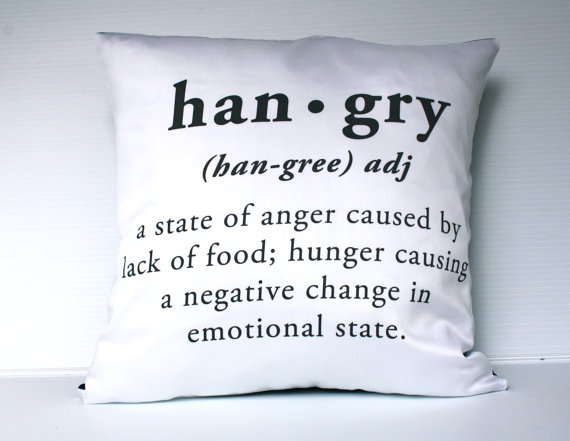By Mary Ellen and Jerry: For YourTango.com
During our private retreats almost every couple complains about an overly critical partner and shares how suffocated they feel having their every move being under surveillance. Both men and women suffer the stresses of intense scrutiny from their partner.
If unaddressed, living with a highly critical and/or judgmental person can be one of the most detrimental relationship dynamics. Unhealthy criticism undercuts the basic cornerstones of good relationships: the feelings of safety and approval. Its corrosive effect often makes vitality or spontaneity impossible. There are three common outcomes of a highly critical relationship:
- The shell of self-protection: To survive the criticized/judged partner, he or she may crawl under a shell of self-protection. Some develop a defensive personality to shield themselves from the harsh lash of the critical partner. Others hide their “authentic selves” as a protective mechanism, letting out only the part stamped “partner approved.” They may feel the need to shrink their personality in order to avoid criticism which can result in loss of self.
- Distancing: This is when a partner surrounds him/herself with a safe buffer zone from where he/she responds as if they’re far away in a polite way. Friends, work, children, exercise, texts, instant messages, ipads, facebook, screen games, television, books and newspapers can serve as buffers. So can withdrawing and becoming emotionally unavailable. The partner preserves him/her “self” by building a wall to keep the critical partner away.
- Substance abuse: To survive emotionally, the criticized partner numbs the pain of involvement with his/her partner. Substance abuse as a coping mechanism usually leads to further deterioration of the relationship as well as a host of other serious problems.
Most of what we know about relationships, we have learned unconsciously at a very young age from our families. If we had a critical parent, we might be critical ourselves or couple ourselves with a critical person. Perhaps we employ the common survival tactics described here. Unfortunately, our early history and learned behaviors often do not encourage happy, healthy relationships.
The good news: Human beings are intelligent and malleable. With knowledge and awareness, we can change and adapt. Here’s a simple way to get started on the road to change.
For one week observe the interaction between you and your partner. Ask yourself the following questions:
- Is one of you highly critical?
- Does the critical partner complain of lack of closeness or attention?
- Does the criticized partner act remote and distant or find excuses to disengage?
- How frequent are the criticisms? Are they “justified” or petty attempts to control, demean, or change what you don’t like about your partner?
- Is the critical partner selective about criticism, choosing only what is important?
At the end of the week, if you find that you are the “critical” partner, decide to stop your criticism. Count to 10, breathe, bite your tongue, do whatever you need to do to stop. Work at accepting your partner, even annoying traits, harmless bad habits, quirks, and idiosyncrasies.
You will not change your partner. I repeat, You will not change your partner. Make this your new mantra. Observe any behavior changes in your partner. Is he/she more present, lively, open or spontaneous? Does he/she interact with you more and seem more relaxed?
If you are the “criticized” partner, become aware of and stop your coping strategy. Do you withdraw, distance, drink, work late, disappear into a screen? Decide to stop coping and object each time your partner criticizes you. Be brave, summon the courage, and be firm.
Say words like, “My feelings get hurt when you criticize me about X or Y. I feel that you don’t even like me.” Stand up to your partner each time you hear criticism. Tell him/her how badly it makes you feel. Say with conviction: I can no longer tolerate criticism from you. Be calm and intentional. Be persistent! Everyone deserves to live in a criticism-free environment even those of us who are not perfect.
Rome wasn’t built in a day and changing deeply rooted behavior patterns is hard work. Take heart, with persistance you can re-root a new, more attractive behavior. Be consistent and you’ll be surprised how quickly the poison will disappear from your relationship. Life is too short to live with criticism.
This article first appeared on YourTango.com:
More relationships advice on YourTango: The Negative Side Effects Of Criticizing Your Partner












2 comments
This is one of the better articles on POF. Well worded, concise, relevant, not too long or too deep. Thanks!
Hmm it looks like your website ate my first comment (it was super long) so I guess I’ll just sum it up what I wrote and say, I’m thoroughly enjoying your blog. I as well am an aspiring blog writer but I’m still new to everything. Do you have any points for newbie blog writers? I’d definitely appreciate it.